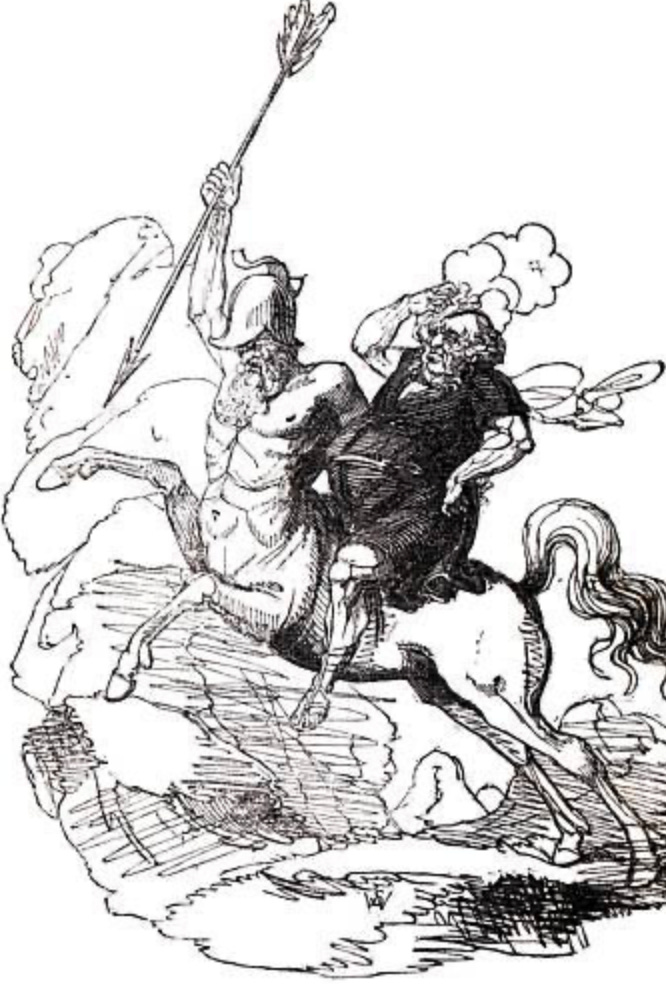On Stewardship and the Future of Order
Power, Virtue, and the Restoration of Order (Class Series, Essay 10)
“The price of greatness is responsibility.” - Winston Churchill
Civilizations depend on their ruling classes. The question is never whether elites will exist, but what kind they will be. History records a cycle as old as power itself: a class rises through discipline and vision, grows rich through its own success, then forgets the moral obligations that …



